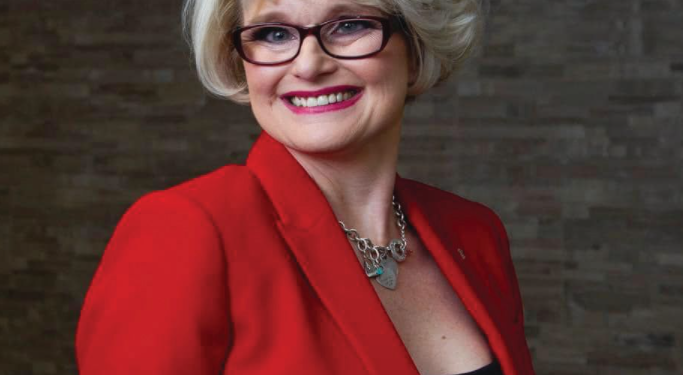By Ian Hebeisen
Over her life, Nikki Lawley has sold H-Vac filtration systems, dealt cards at a casino, and started her own company, solidifying her as a true renaissance woman of the modern age. Most recently, she worked as a pediatric nurse in Buffalo – a career choice resulting in a TBI.
One shift, a child became combative while receiving a vaccine, and Lawley went to restrain the child for the safety of everyone in the room. Still fighting, the child head-butted Lawley, slamming her head into a wall. “I had instant numbness and tingling, and pretty much totally blacked out for a second,” said Lawley. She received her third TBI that day, and this one proved to be calamitous.
This final TBI caused cognitive deficiencies, anxiety, depression, memory loss, and pain. Lawley began visiting doctors and specialists, undergoing various tests to find a solution to her symptoms. However, the quality of care was not what she needed. “Worker’s compensation doesn’t really pay for anything that’s holistic, or alternative therapies such as functional neurology, chiropractic, things like that,” said Lawley. “Certain chiropractors will be covered, but it’s super limited in the scope of services.”
She struggled to get out of bed, construct thoughts, or even do basic math – a staggering notion considering her past as a casino dealer. “It was so hard on my whole family and friend system,” said Lawley. “No one knew who I was anymore.”
Her husband suggested taking a vacation to get away from things, and they flew to Las Vegas. In their hotel room, Lawley fell into a depression. “I was contemplating my death, looking over the hotel balcony,” said Lawley. However, before she could do anything drastic, Lawley saw a billboard advertising medical marijuana. She reevaluated the situation, and realized the prescription drugs she took messed with her brain chemistry. She decided to try the medical marijuana route.
“I expected to be able to come home to New York and have access to the same products. Unfortunately, at the time, chronic pain was not one of our approved conditions,” said Lawley. “So that meant I was back to square one and continued pharmaceuticals.”
Some of Lawley’s friends lived in Canada, where medical cannabis covers more conditions. Thus, Lawley became a sort of “Canadian cannabis refugee,” and began learning about cannabis as a medicine. She discovered that despite cannabis’s ability to aid TBI and concussion recovery, medicinal marijuana is not being thoroughly discussed in medical fields. Lawley even found herself ostracized from the medical community. “I went from being a respected healthcare professional to doctors no longer having that respect.”
The cannabis created a noticeable shift in Lawley’s pain levels, and improved her quality of life. With her pain down, Lawley could focus on actively living her life. “It doesn’t fix everything, but it allows you to focus on things besides pain.” Lawley medicates every two to three hours, keeping cannabis in her system. “That allows a constant level of awareness and a quality of life that is so different from when I’m not medicated,” said Lawley.
Different strains achieve different outcomes – one strain might be better for pain relief, while another strain might also help with cognitive function. Doing research on the plethora of strains available will help you determine the right strain for your condition. Testing the products before consumption is important as well. Each constituent in the plant serves a purpose (fighting inflammation, pain, or swelling, etc.), so testing will ensure you’re taking the proper strain to meet your needs.
“I think we’re doing what nature meant it to do,” said Lawley. “I’m so grateful for learning the simple things that I can then put into words and help educate other people.”
Lawley encourages others to educate themselves using reputable sources. Online communities exist to inform people about medicinal marijuana, including cannabiscommunity.org. For medical professionals, try holisticcaring.com. Other online resources can help you get a medical card, including leafwell.co.
You can find Nikki Lawley on LinkedIn, Facebook, Instagram, and Linktree. To hear the full conversation, check out Faces of TBI Podcast on Apple Podcasts, or wherever you find your podcasts.
Ian Hebeisen graduated from Saint Mary’s University in May 2020, earning a degree in Literature with a Writing Emphasis. Now living in the Twin Cities, Ian writes comics, graphic novels, and poetry. In his spare time, he enjoys playing board games with his family.











